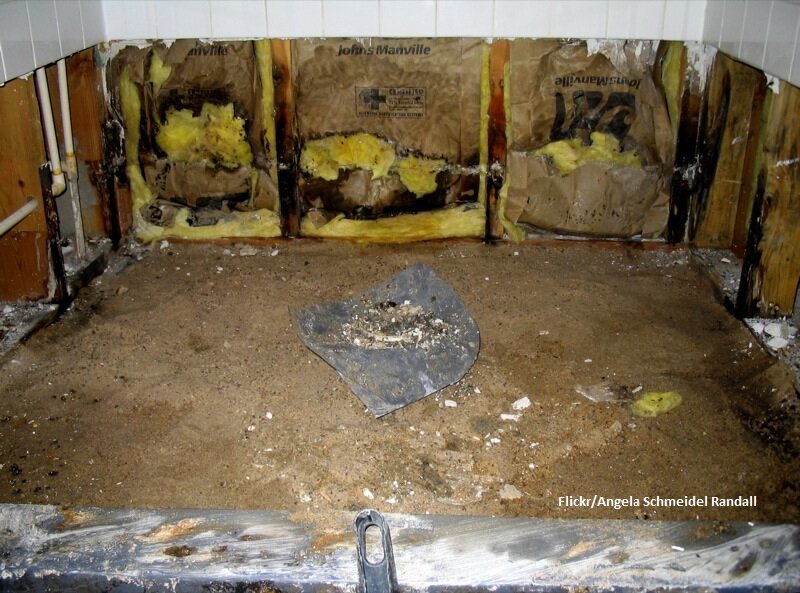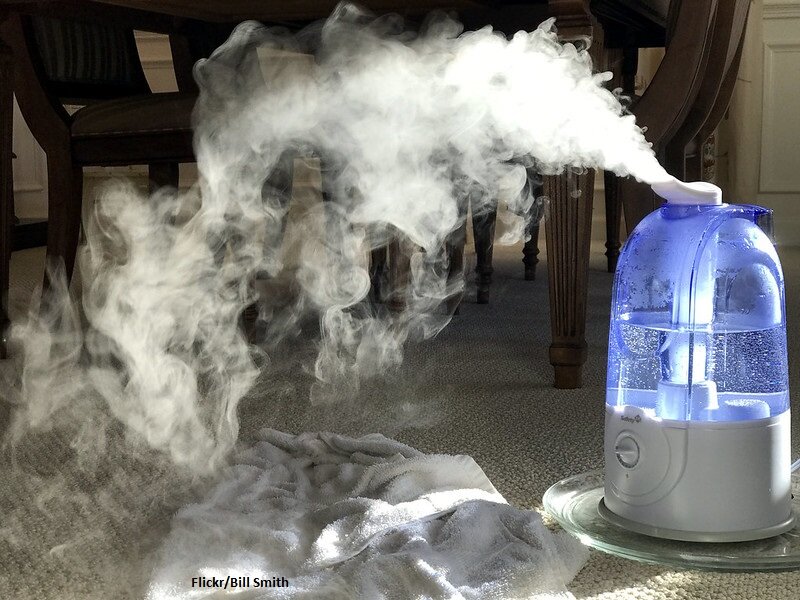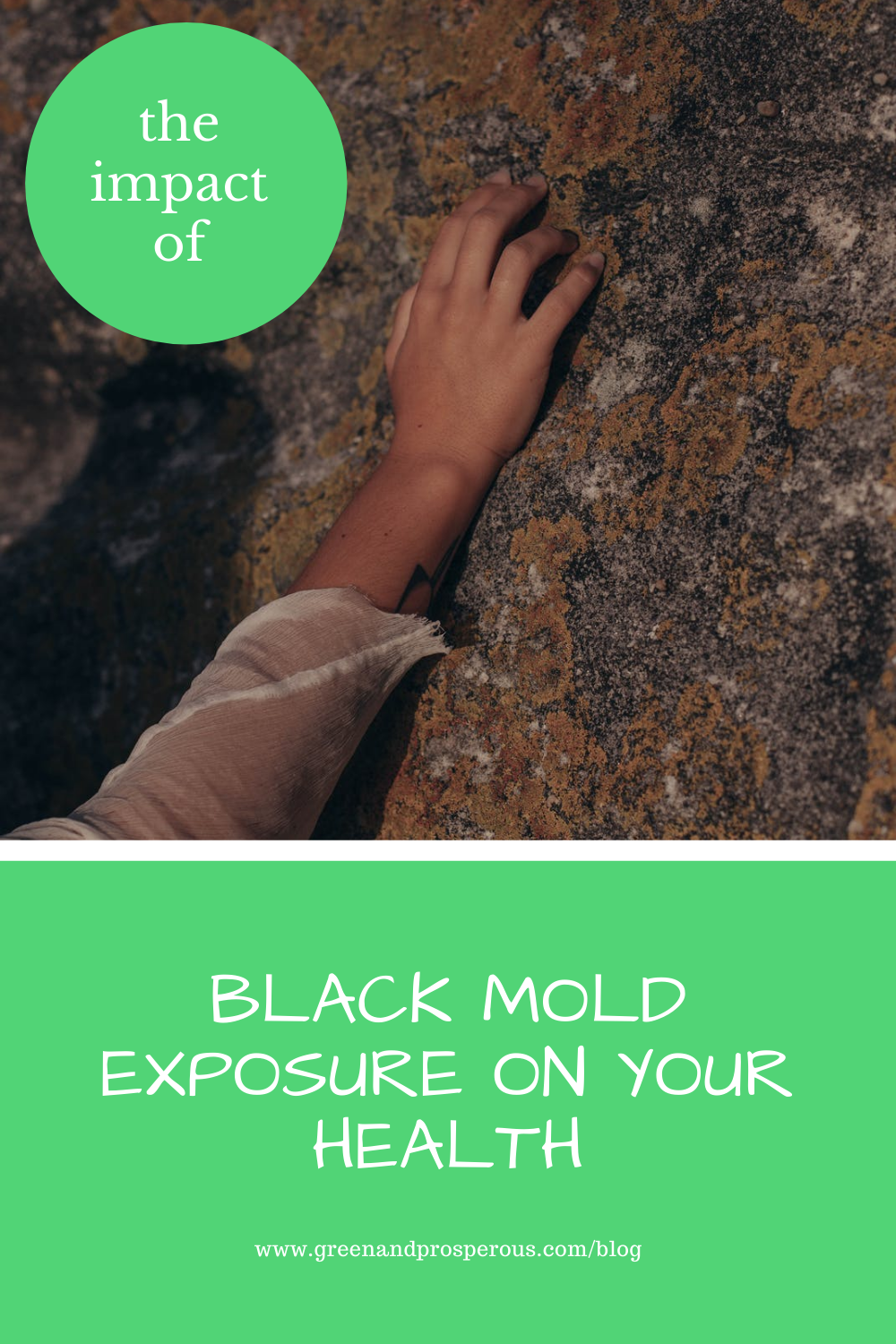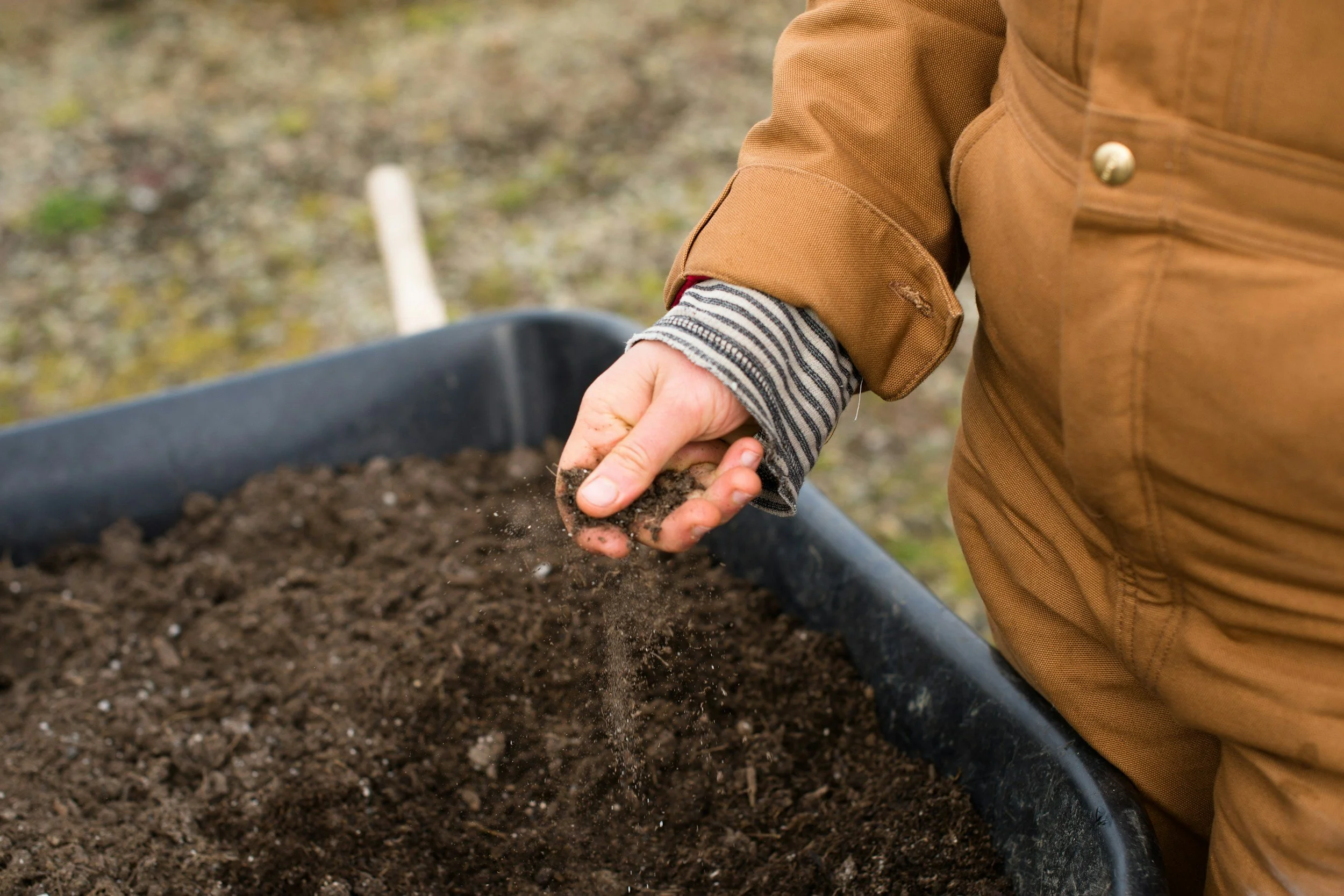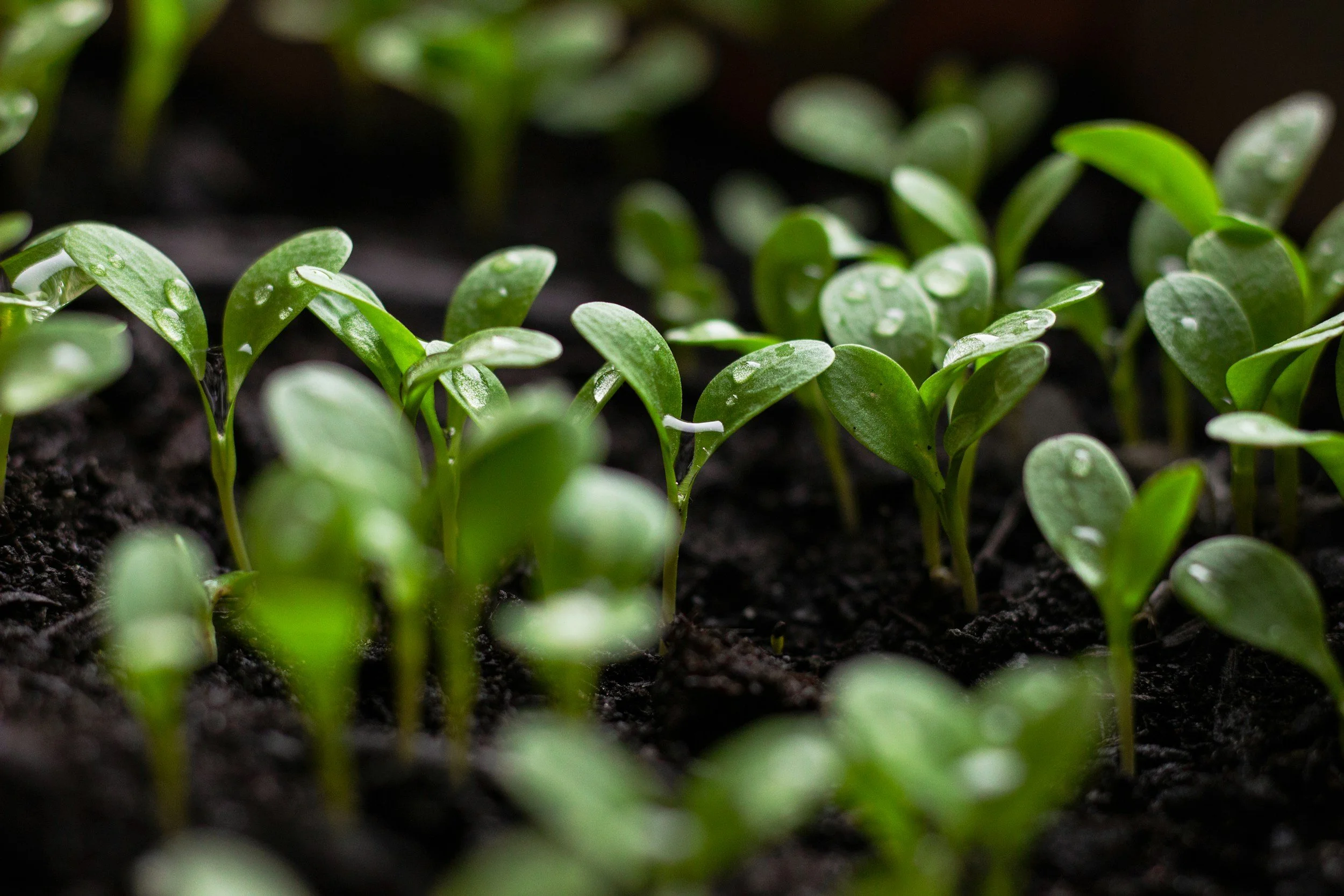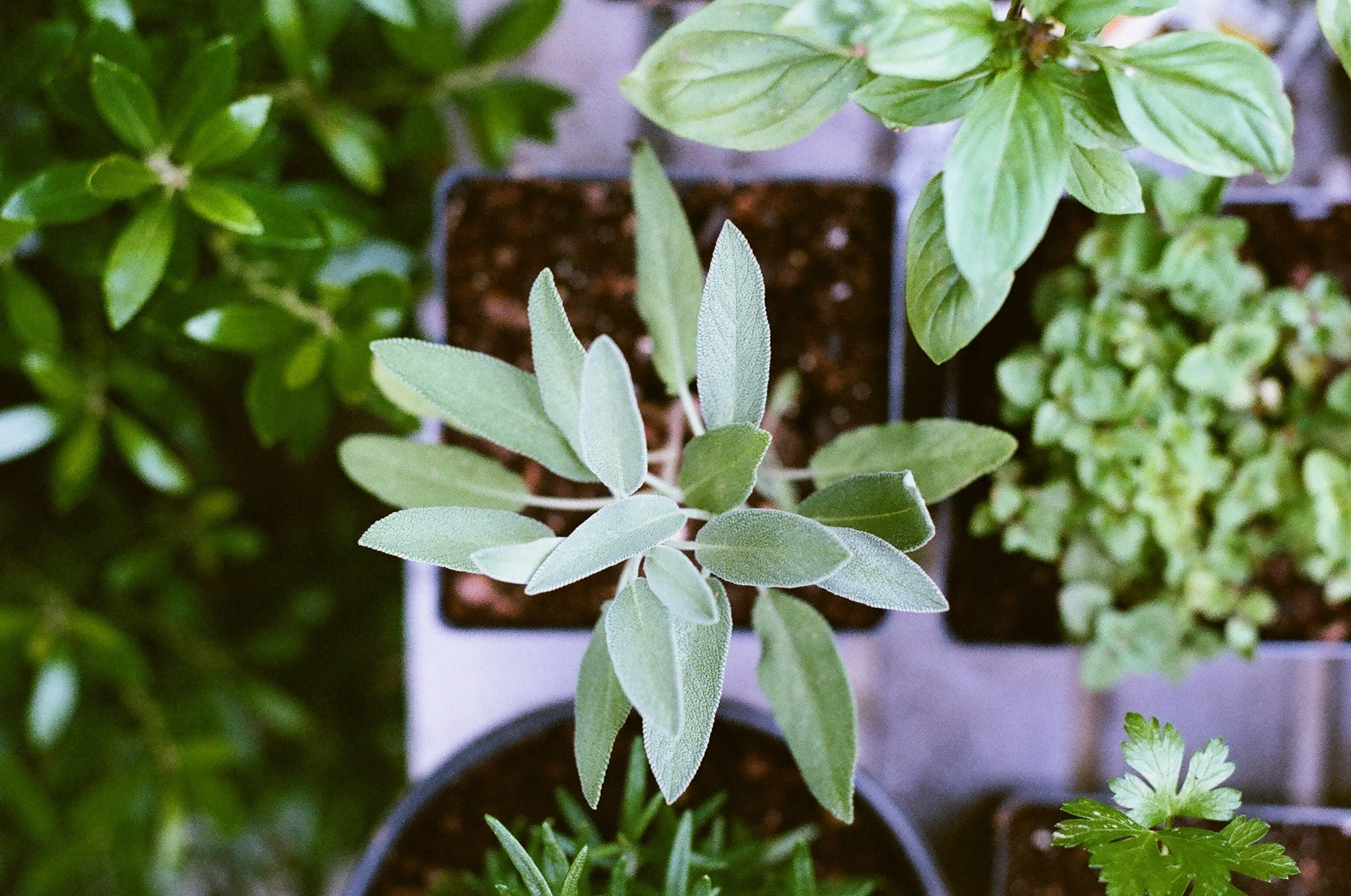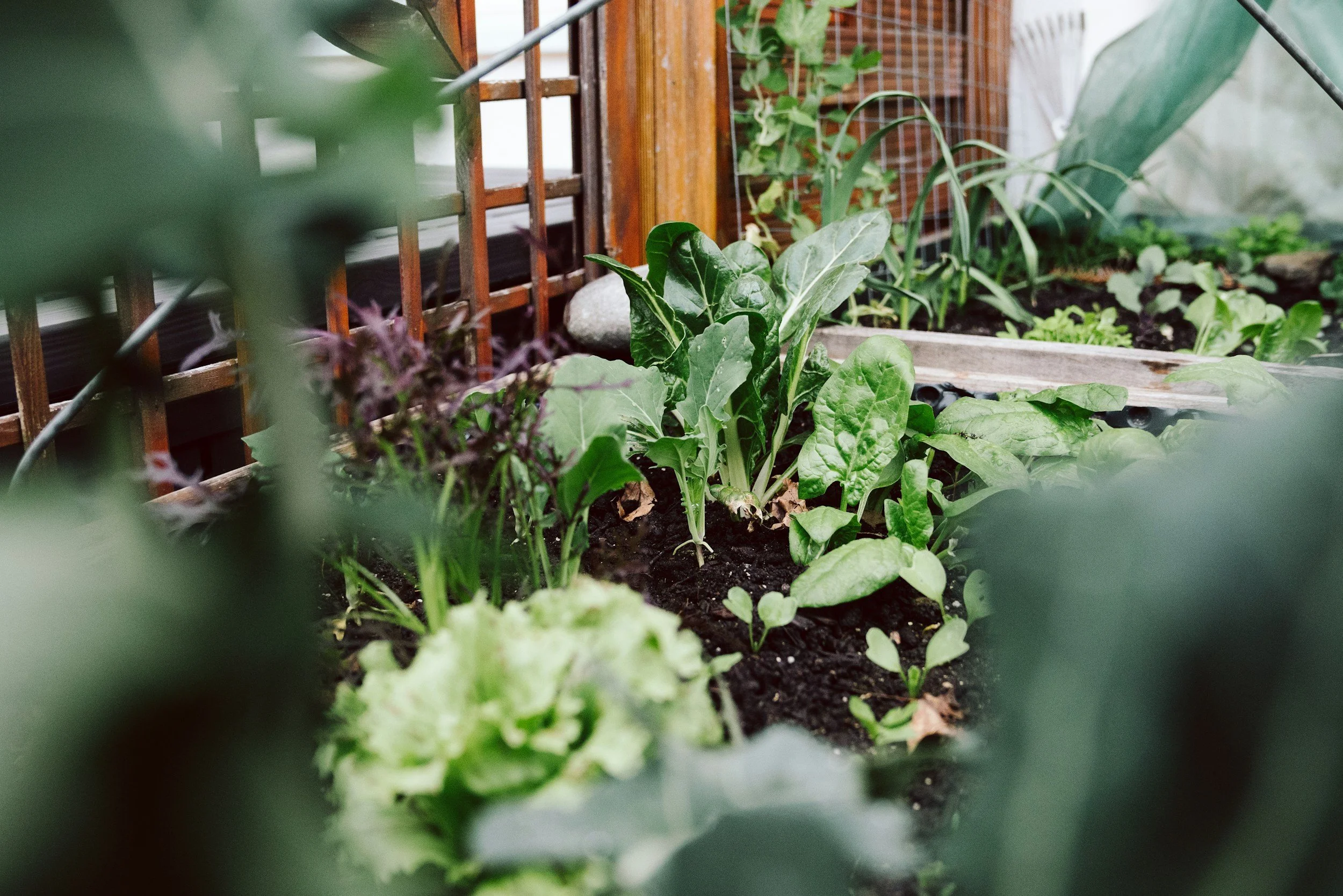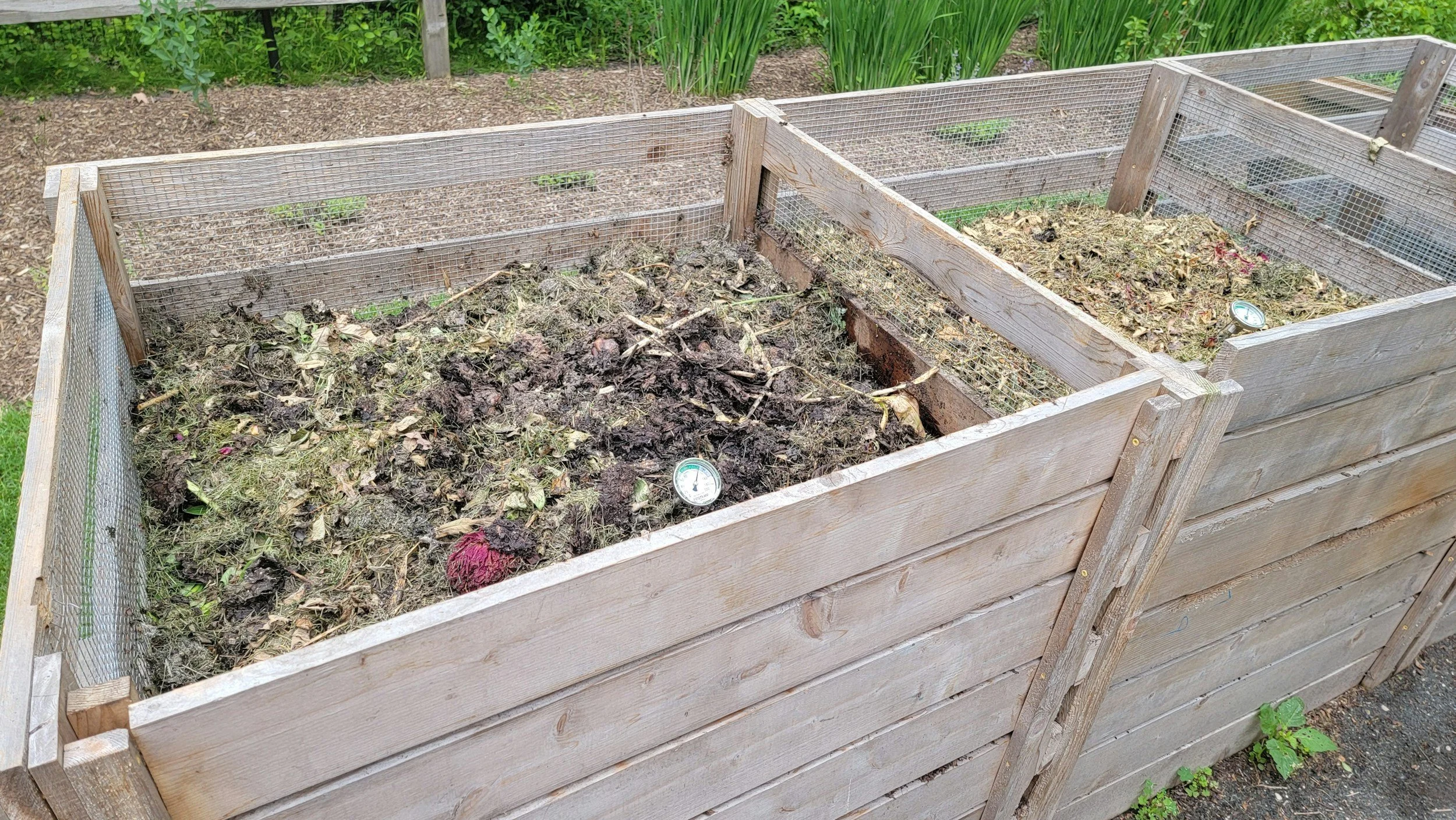The Impact of Black Mold Exposure on Your Health
/Guest post by Claire Zimmerman
Black mold can grow on different surfaces around your house and it might be the cause of certain health concerns without you realizing it. Therefore, you must understand what mold is and what it can do to your health and that of your loved ones. By learning about this, you can identify the signs and symptoms of mold exposure and make sure you tackle the issue before it compromises your health.
What Is Mold?
There are different types of mold but they are all fungi that release spores, which is how they reproduce. These spores are in the air and they come off the filaments in which the mold grows. You might have also heard of the term mildew, which refers to gray or white mold that can grow on different humid surfaces. Environments preferred by mold are warm and humid and depending on where you live, mold can be a seasonal concern.
Where Does Mold Grow in Homes?
Since mold prefers humid environments, it is not surprising that it grows in bathrooms, with an increased presence in showers and sinks. This is why mold removal efforts usually focus on these areas. Molds generally don’t cause significant harm to a person’s health. However, this changes when the amount of mold is larger than usual or when certain specific conditions are present.
Other spaces in which mold can grow and where it is harder to detect include the basement, cabinets, and inside walls, where it can grow uncontrolled. That said, the most harmful types of mold are difficult to see, and they can produce negative health consequences without it being obvious that this is the cause.
Who Is Affected by Mold?
Anyone can be affected by mold. However, certain people have a genetic predisposition that makes them more sensitive than most. This is why sometimes people in the same household present different symptoms, with some members of the family not suffering any symptoms at all.
Furthermore, people who are immunocompromised are more likely to suffer when there is mold exposure and the consequences can be quite severe. This is seen in diabetic patients or elderly people who have a compromised immune system. Similarly, people who suffer from asthma or other respiratory illnesses such as COPD are more vulnerable to suffering severe symptoms as a result of exposure to mold. Children are also especially sensitive to mold.
How Dangerous Is Black Mold to Health?
This will depend on the person and the level of exposure. Reactions can range from mild allergies to strong nausea and even nose bleeds and lung bleeding. This will also depend on whether the mold is producing toxins, which are called mycotoxins, or not. Not all mold produces this and even molds that do are not always actively producing them. Some of the overall symptoms produced by mold include the following:
Allergy and Irritation
People who already suffer from allergies are usually more sensitive to the effects of mold. Some of the symptoms generally experienced in the context of allergies include:
Dry coughing
Rashes in different parts of the body
Throat ache
Difficulty breathing in the case of more severe allergies
Red eyes and irritation
Runny nose and congestion
The irritation can also manifest in increased asthma attacks for people who suffer from this condition. Patients with lung disease are also at increased risk of suffering more serious health issues when exposed to mold.
Furthermore, mold exposure can be a risk factor for subsequent health problems. Infants exposed to mold are more likely to develop asthma later on, something that could hinder their ability to live their life to the fullest.
Fungal Infections
Fungal infections are usually rare. However, they can bring severe complications when the person has any disease or condition that compromises their immune system. People with HIV are some of the most commonly affected by mold. Similarly, people who received an organ transplant are at increased risk as, they must take lifelong treatments to lower their immune response to the new organ. Another group especially exposed to fungal infections are cancer patients, diabetics, and patients who chronically take steroids to manage a specific disease.
Toxicity
The most common way in which mold can cause toxic effects is when it is eaten. This can happen when a person eats moldy food, and it is a lot more dangerous than touching or inhaling mold spores. Furthermore, this toxicity can have severe cognitive consequences, with those affected experiencing neurological and psychological issues. Some of these include
Depression
Insomnia
Periods of memory loss
Anxiety
In addition, mold can affect the overall mood of an individual, something that is very difficult to identify and that should be considered when looking for help for mood concerns.
What to Do About Mold
Tackling mold is an important task you must undertake for your health and that of your family and even to boost home value when looking to sell. Some of the places to attack to get rid of mold include the bathroom sink, the shower, and the shower curtain, where mold commonly accumulates. Other areas of the house include the kitchen sink and the windows.
Windows are often overlooked when getting rid of mold but it is important to keep in mind that condensation often builds up in these areas. A bleach solution is one of the best ways to get rid of mold.
A way to prevent mold growth is placing humidifiers in especially damp rooms and making sure its filter is changed at regular intervals. Furthermore, proper maintenance of the humidifier is necessary. If there have been any pipe leaks or if a pipe broke at a certain point, looking for mold growth around the affected area is extremely important.
Lastly, if you are a plant lover you will want to make sure you don’t overwater your plants. Plus, installing air purification systems might be advisable to prevent mold growth.
The severity of health issues caused by mold varies from house to house and from individual to individual. Prevention is key to avoid any issues and making sure the conditions of your house are as unfavorable to mold growth as possible is one of the most important steps. You can also look for professional help to tackle mold and make sure your house is entirely mold-free.
Claire Zimmerman is a content marketing specialist at Allstate Service Group. Having almost 9 years of experience in home improvement, Claire is keen on sharing her knowledge on home design and renovation with others, especially HVAC, air filtration and water damage issues. Claire’s articles are informative and entertaining, written both for homeowners and experienced contractors.
Like this? Please pin!




